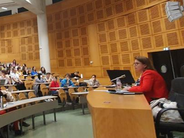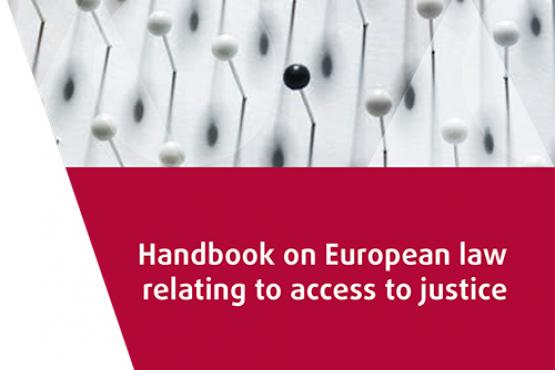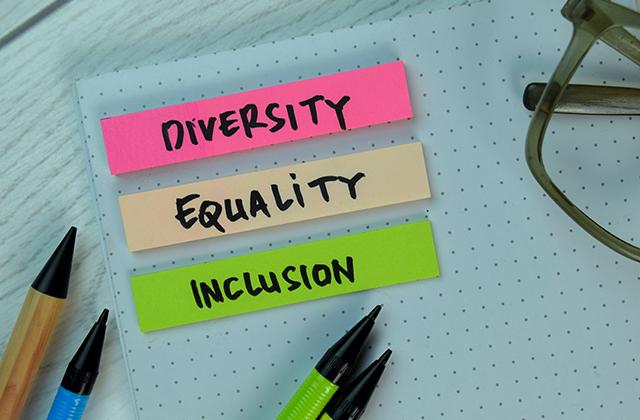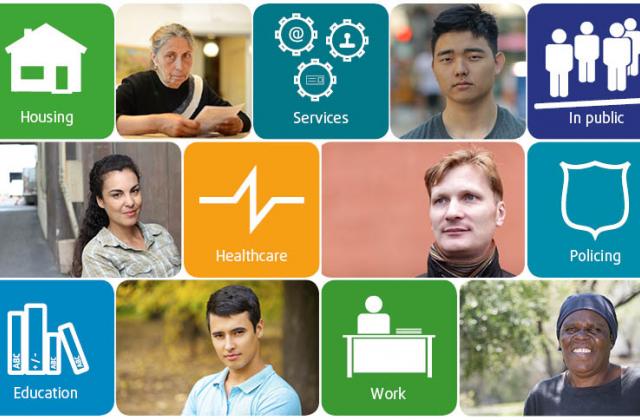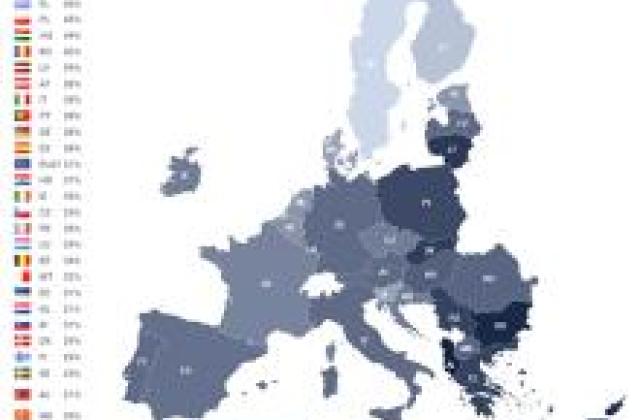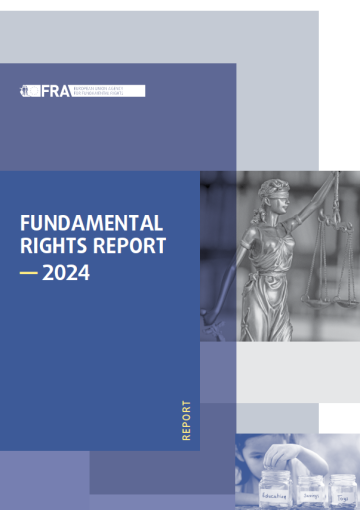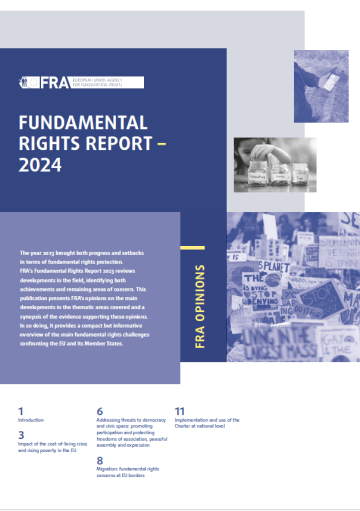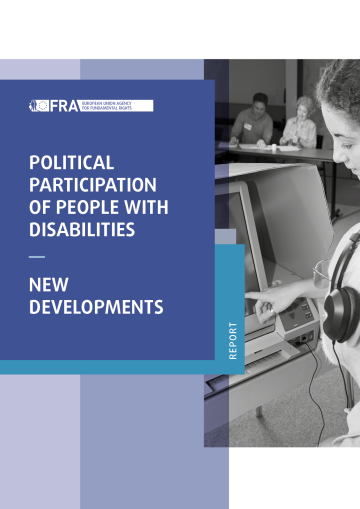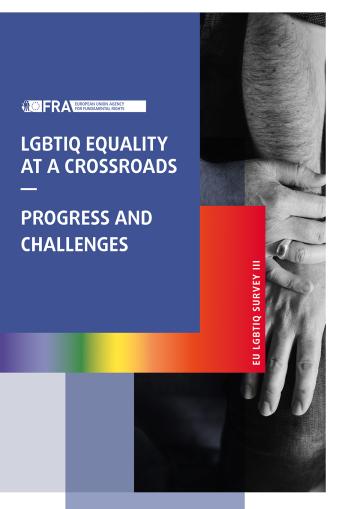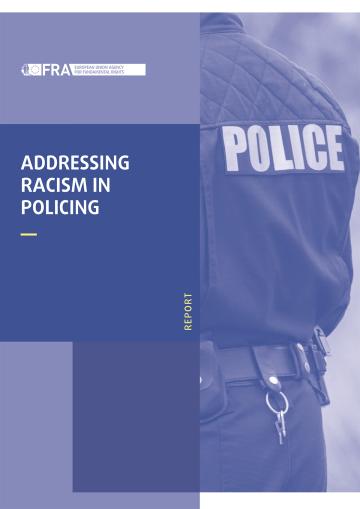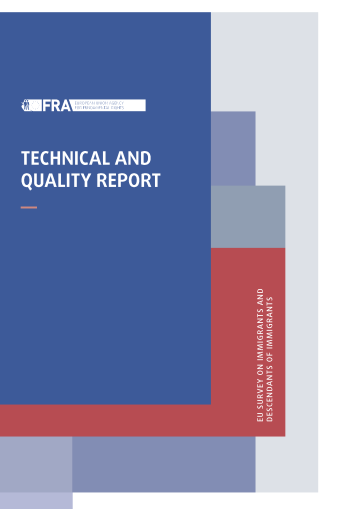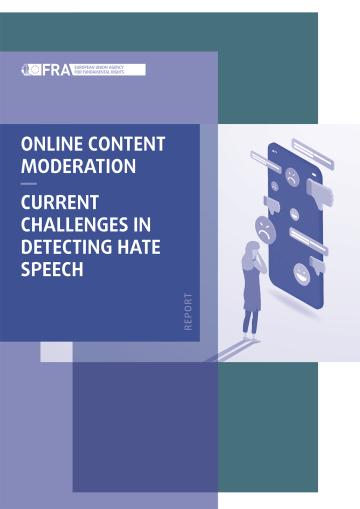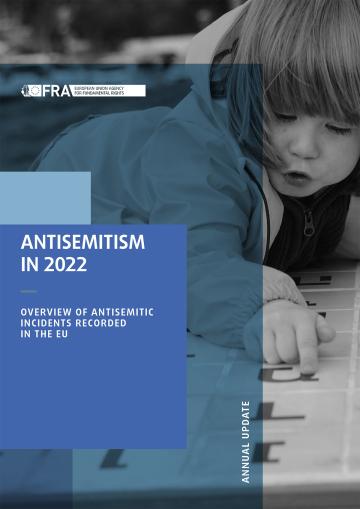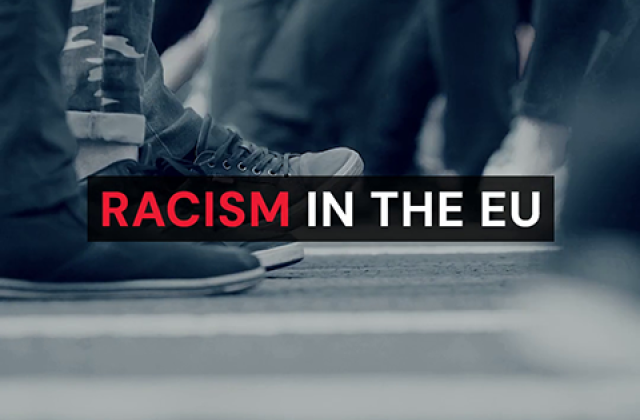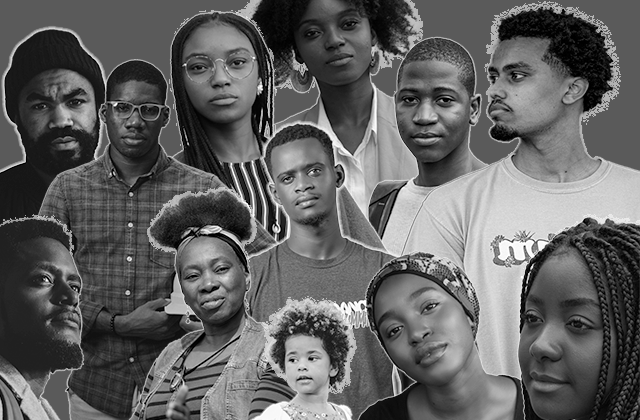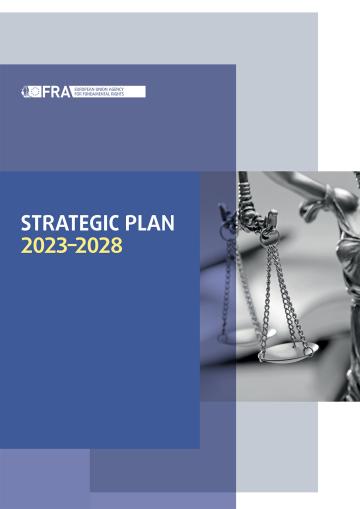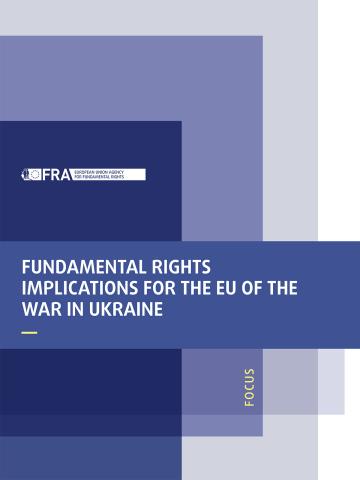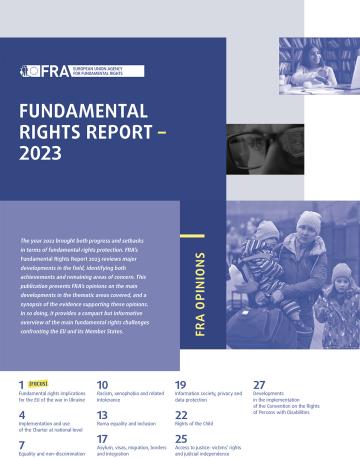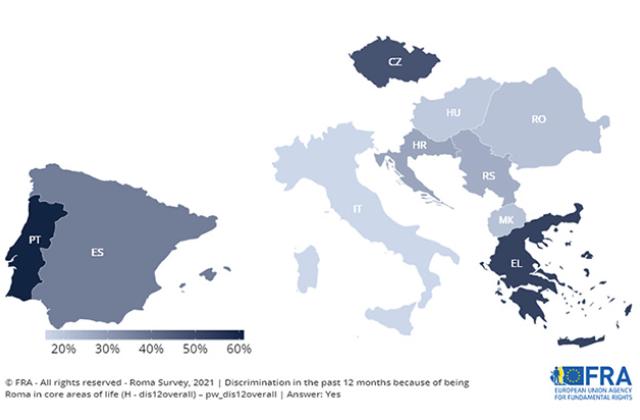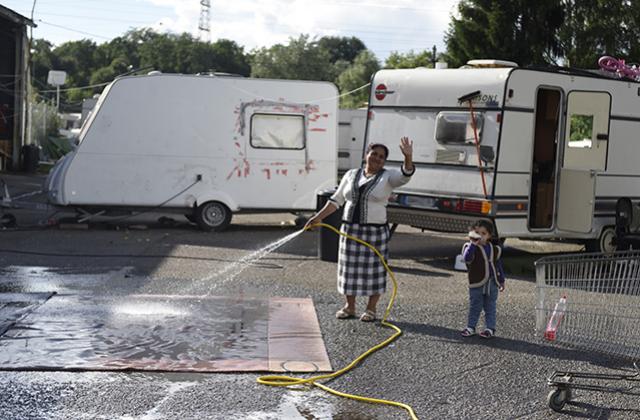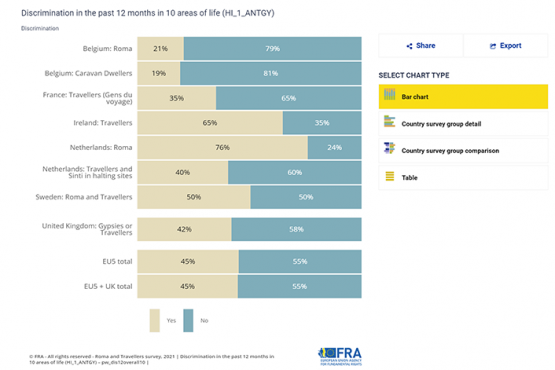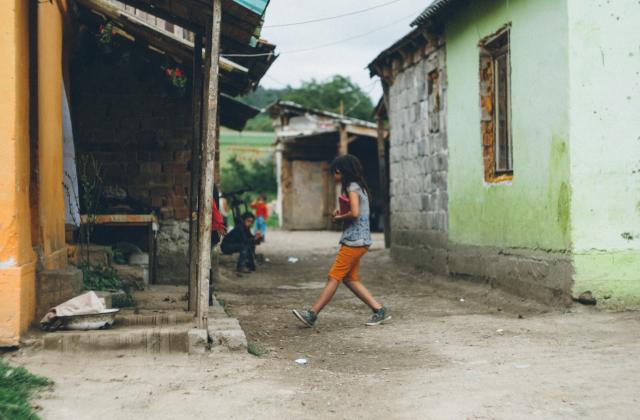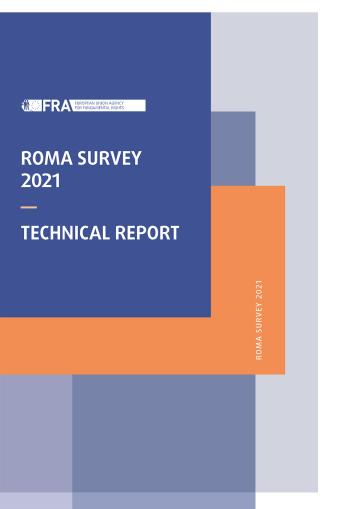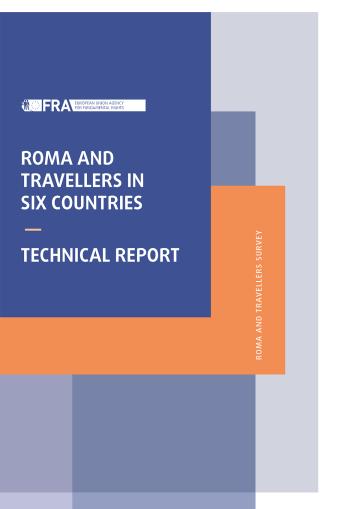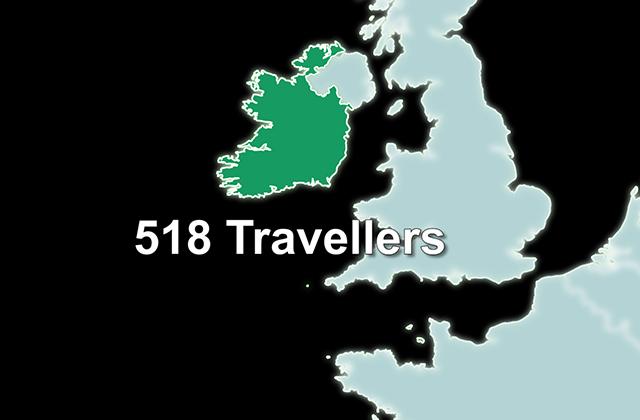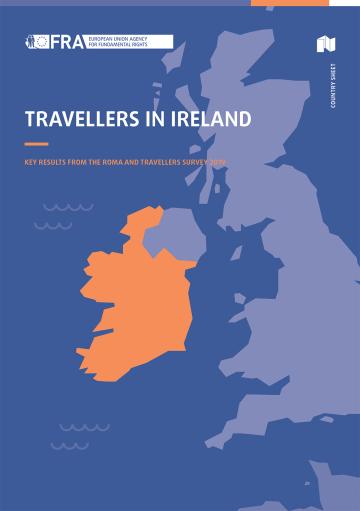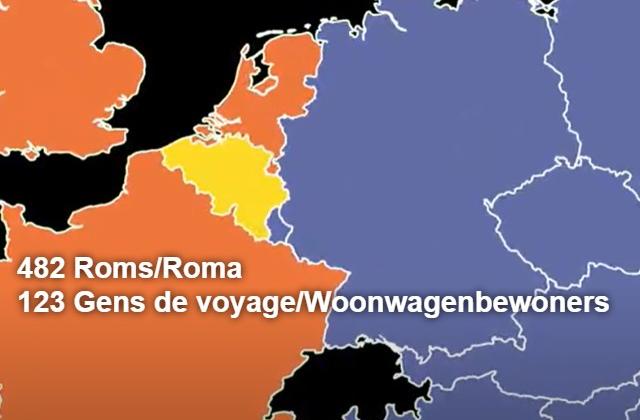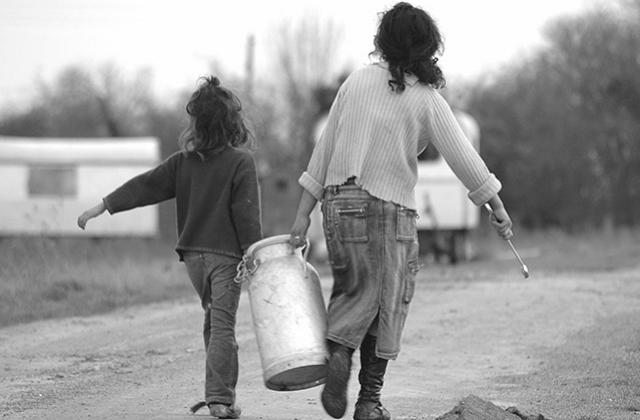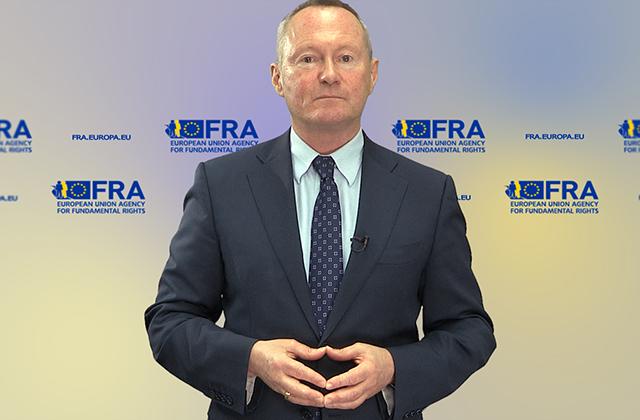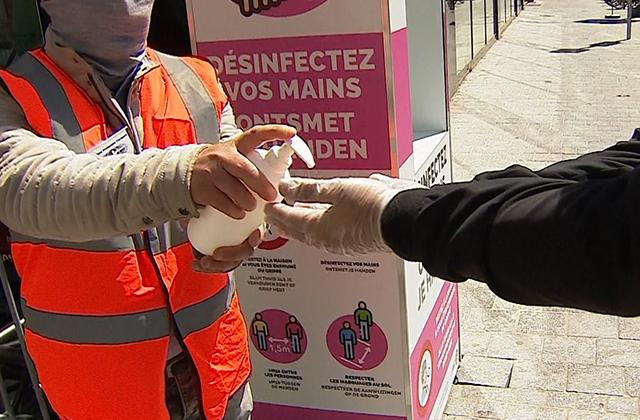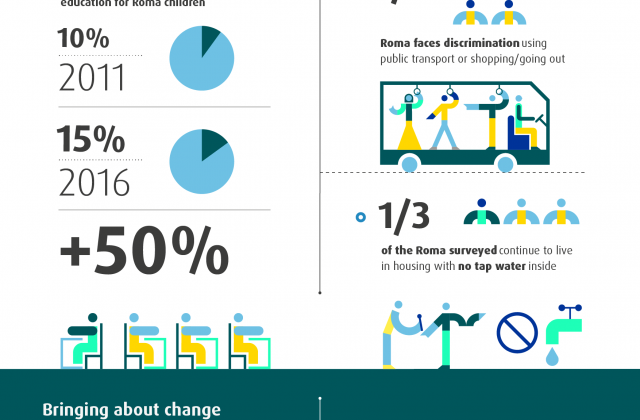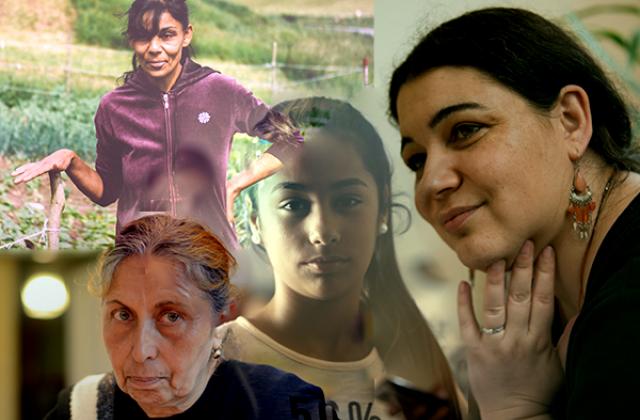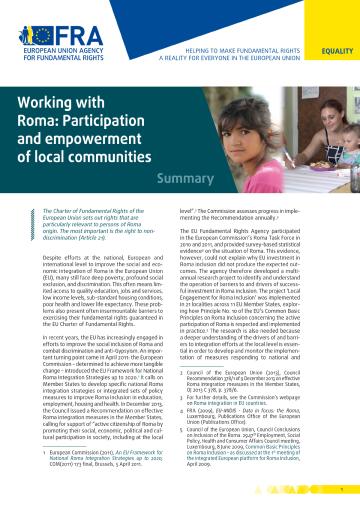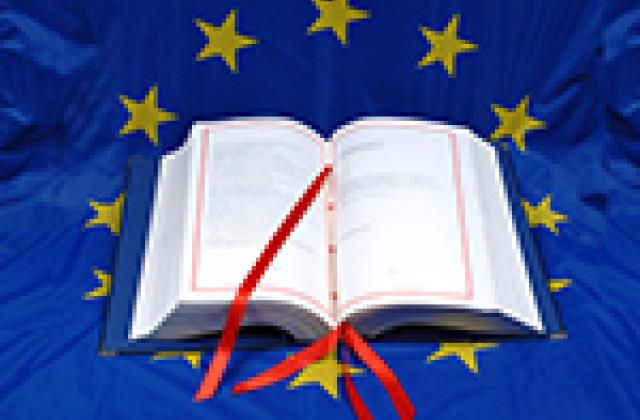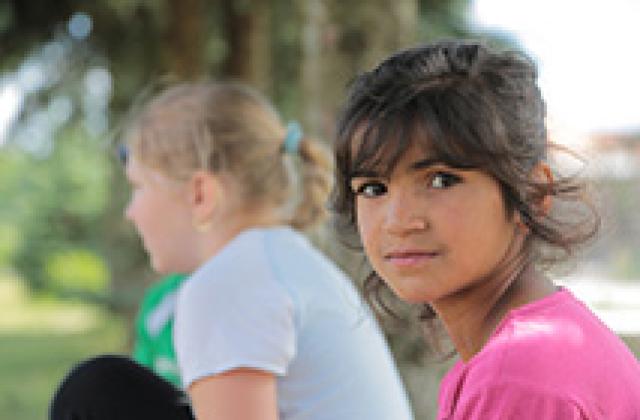IOI Ombudsman News 38/2024
Date of article: 27/09/2024
Daily News of: 27/09/2024
Country:  WORLD
WORLD
Author:
CANADA | Ombudsperson’s Annual Report highlights how one complaint about public services can benefit many British ColumbiansBC Ombudsperson, Jay Chalke, released his office’s 2023/24 Annual Report on 19 September 2024. The report highlights the work of his office, under the Ombudsperson Act and Public Interest Disclosure Act, to improve public administration across BC’s public sector. » more information » google translate (Francais) » google translate (Español) |
|
|
|
|
NEW ZEALAND | Chief Ombudsman investigation into Associate Health Minister’s refusal to release information on author of tobacco policy adviceThe Chief Ombudsman has referred record keeping issues identified during his investigation into an official information complaint against Associate Health Minister Casey Costello to the Chief Archivist. Peter Boshier began an investigation after he received a complaint about the Associate Minister’s refusal to release information on ‘who’ wrote or compiled notes she used to formulate the government’s tobacco policy. » more information » google translate (Francais) » google translate (Español) |
|
|
|
|
CANADA | Rapport annuel 2023-2024 — Humanité et responsabilité : les services publics face à leurs grandes missionsLe 19 septembre 2024, le protecteur du citoyen, Marc-André Dowd, a déposé son rapport annuel d'activités 2023-2024 à l’Assemblée nationale. » more information » google translate » google translate (Español) |
|
|
|
|
PAKISTAN | Dr. Muhammad Sohail Rajput, Provincial Ombudsman Sindh attended International Conference of Ombudsman, Cassino, ItalyProvincial Ombudsman Sindh Dr. Muhammad Sohail Rajput participated in the International Conference of Ombudsman held on 12-13, September, 2024 in Monte Cassino, Italy.The event was hosted by the Ombudsman of the Lazio Region, Dott. Marino Fardeli. » more information » google translate (Francais) » google translate (Español) |
|
|
|
|
ARGENTINA | La Defensoría del Pueblo de la Nación expresa su preocupación por el incremento del antisemitismo en ArgentinaLa Defensoría del Pueblo de la Nación manifestó su preocupación ante el incremento de actos y expresiones antisemitas en redes sociales en Argentina, según lo informado por la Delegación de Asociaciones Israelitas Argentina. » more information » google translate » google translate (Francais) |
|
|
|
|
PAPUA NEW GUINEA | Vocational instructor re-instated after wrongful retirement due to payroll system errorIn March 2023, an instructor from a Technical Vocational Education Training (TVET) Centre complained to the Ombudsman Commission alleging wrongful retirement and termination from the Payroll System whilst still ineffective service. » more information » google translate (Francais) » google translate (Español) |
|
|
|
|
POLAND | Visit of the Venice Commission in the Office of the Commissioner for Human RightsOn 13 September 2024, Deputy Commissioner for Human Rights Wojciech Brzozowski spoke with representatives of the European Commission for Democracy through Law (Venice Commission) at the CHR Office. The main topic of conversation was a draft law separating the positions of the Minister of Justice and the Prosecutor General. » more information » google translate (Francais) » google translate (Español) |
|
|
|
|
MALAWI | Ombudsman Malera rules in favour of the Electricity Supply Commission of MalawiOmbudsman Grace Tikambenji Malera has exonerated the Electricity Supply Commission of Malawi (Escom) on how it promoted two employees to Section Headship position in Customer Services Department and Customer Services Officer respectively. » more information » google translate (Francais) » google translate (Español) |
|
|
|
|
SOUTH KOREA | ACRC calls for improvement in disability employment levy to ensure stress-free parental leaveTo ensure disabled workers can take parental leave without undue stress, the Anti-Corruption and Civil Rights Commission (ACRC, Chairperson Ryu Chul Whan) has recommended that the employer’s obligation to pay employment levies during such leave be relaxed. » more information » google translate (Francais) » google translate (Español) |
|
|
|
|
DOMINICA REPÚBLICA | INDOTEL y Defensor del Pueblo acuerdan promover la inclusión tecnológicaEl Defensor del Pueblo y el Instituto Dominicano de las Telecomunicaciones (INDOTEL) suscribieron un acuerdo interinstitucional, con el objetivo de impulsar la inclusión tecnológica y cerrar la brecha digital en la población más vulnerable de República Dominicana. » more information » google translate » google translate (Francais) |
|
|
|
|
FRANCE | La Défenseure des droits en déplacement à ToursMercredi 18 septembre 2024, Claire Hédon était en déplacement à Tours pour une rencontre avec les acteurs de la Justice du territoire. À l’occasion de ce déplacement, Claire Hédon a pu s’entretenir avec le préfet d’Indre-et-Loire, et profiter d’un temps d’échange sur les particularités du territoire. » more information » google translate » google translate (Español) |
|
|
|
|
MEXICÓ | CNDH recomienda al Instituto Nacional de Migración de Puebla revisar la atención a niñas, niños y adolescentesAl detener —en condiciones inadecuadas— a siete personas en contexto de migración, el Instituto Nacional de Migración (INM) en Puebla vulneró sus derechos humanos a la seguridad jurídica, trato digno e interés superior de la niñez. » more information » google translate » google translate (Francais) |
|
|
|
|
HONG KONG, CHINA | Ombudsman probes arrangements for recovering public rental housing flats by authoritiesThe Ombudsman, Mr Jack Chan, announced on 19 September 2024 the launch of a direct investigation operation to examine in detail the workflow of and arrangements for recovering public rental housing (“PRH”) flats for reallocation by the authorities. » more information » google translate (Francais) » google translate (Español) |
|
|
|
|
IRELAND | Lack of funding is no reason to keep young disabled people in nursing homesOmbudsman Ger Deering has called for adequate funding to be given to the HSE to avoid younger people with a disability having to live inappropriately in nursing homes. » more information » google translate (Francais) » google translate (Español) |
|









